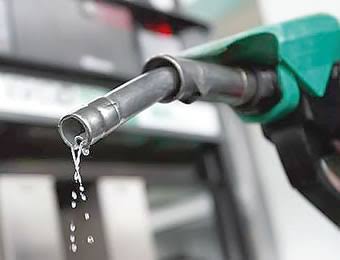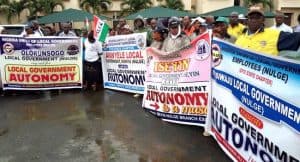
For years, Nigeria has been grappling with the question of whether or not to remove fuel subsidy. The issue remains contentious, with strong arguments on both sides. However, as Nigeria seeks to build a more sustainable and prosperous future, it’s time for the country to seriously and honestly consider removing fuel subsidies.
Fuel subsidy is a significant drain on Nigeria’s economy. In 2021, the government budgeted over $9.8 billion for fuel subsidy payments. This is the money that could be used for critical infrastructure projects, like education, healthcare, and other social programs that benefit Nigerians. The cost of fuel subsidy is particularly acute in times of economic downturn when the government’s revenue is already under strain.
In addition to its cost, fuel subsidy have been plagued by corruption. Reports revealed that fuel importers have inflated their claims to receive more subsidies than they are entitled to, leading to wastage of public funds. The corruption in the fuel subsidy system has created market distortions that cause shortages and price hikes, causing intense economic instability.
Fuel subsidy is also an inefficient way to support low-income households. Only a fraction of the subsidy actually reaches the poorest Nigerians, while the wealthy who consume more fuel benefit the most. This is because fuel subsidy benefits are tied to fuel consumption, which is higher among wealthier Nigerians. This means that the subsidy is not targeted at the people who need it most, leading to further income inequality.
Furthermore, fuel subsidy encourages the use of fossil fuels, which is detrimental to the environment. Nigeria is one of the largest producers of oil in the world, and removing the subsidy would help reduce fuel consumption and encourage the use of cleaner energy alternatives. This would have a positive impact on the environment and help Nigeria meet its climate goals.
Removing fuel subsidy would not be an easy decision. The subsidy has been in place for decades, and it has become a part of Nigeria’s social and economic fabric. However, if Nigeria is serious about building a more sustainable and prosperous future, it must seriously consider removing fuel subsidy.
One way to phase out fuel subsidy is to invest in social safety nets that protect the most vulnerable Nigerians. This could involve the implementation of a direct cash transfer program that targets low-income households. This would ensure that the most vulnerable Nigerians are protected while the subsidy is gradually phased out.
Another option is to invest in alternative energy sources such as solar, wind, and hydroelectric power. This would help reduce Nigeria’s dependence on fossil fuels and create new job opportunities in the renewable energy sector.
The removal of fuel subsidy could also lead to the liberalization of Nigeria’s downstream oil sector. This would mean that private companies could import and sell fuel, creating more competition in the market and potentially leading to lower prices for consumers. However, the government must ensure that the liberalization process is well-managed to prevent the formation of monopolies and to protect the interests of consumers.
The government can implement policies to mitigate the impact of fuel subsidy removal on the most vulnerable Nigerians. The government can invest in alternative energy sources, and liberalize the downstream oil sector to create more competition in the market.
Nigeria’s future depends on making tough decisions that prioritize long-term sustainability over short-term gains, and removing fuel subsidy is a critical step in that direction.






